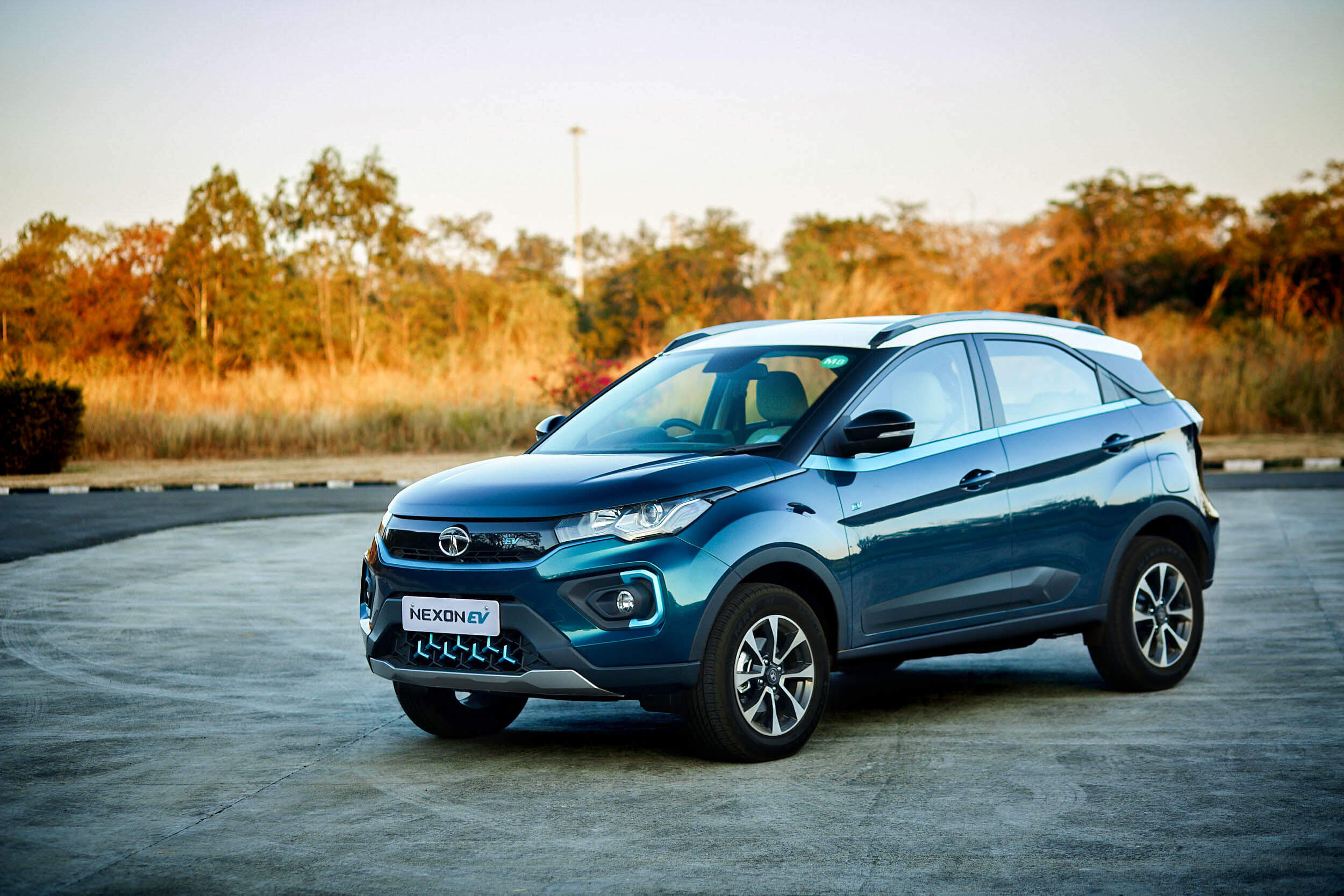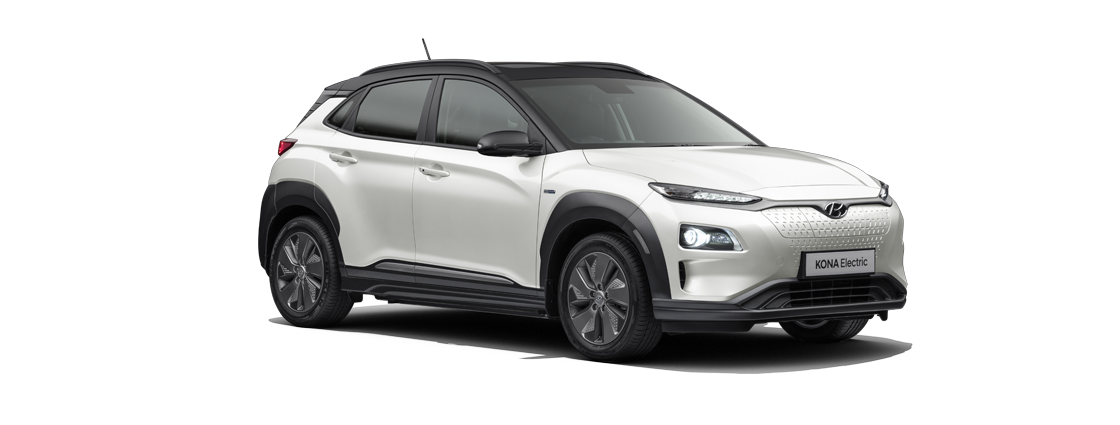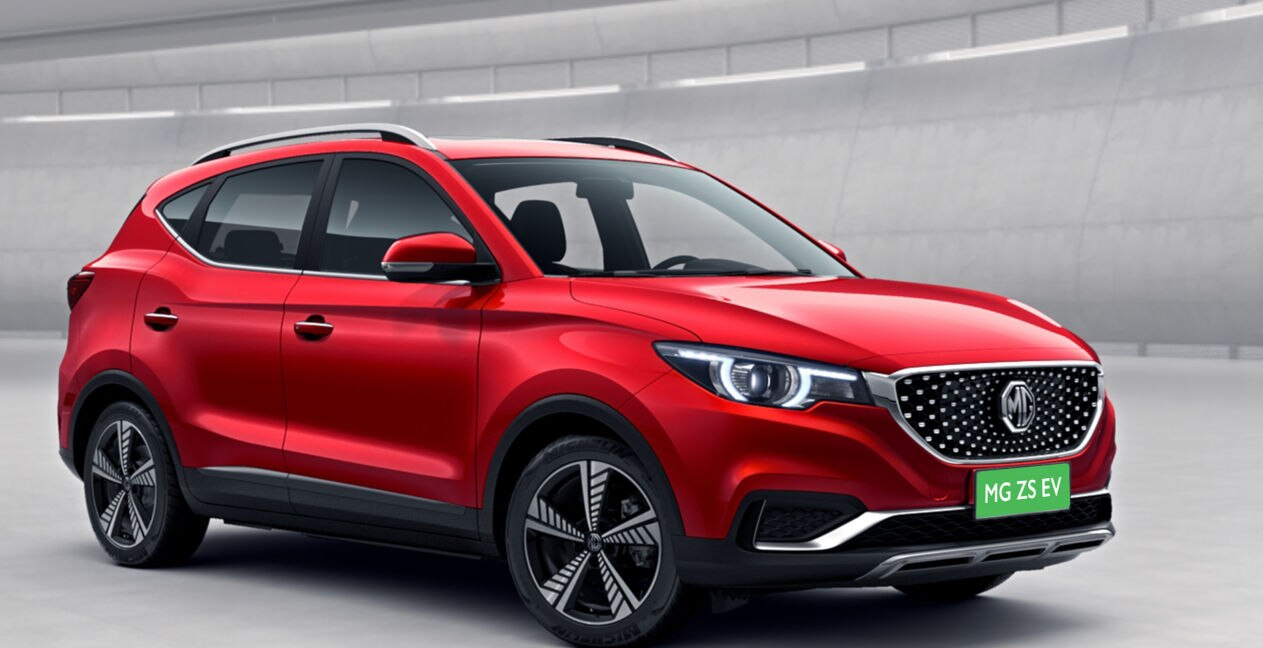It is time for enthusiasts to accept and welcome electrics
Electrics are finally here and we automotive enthusiasts have a collective responsibility on our hands
 Electrics are not slow by any stretch of imagination.
Electrics are not slow by any stretch of imagination.In the midst of a global pandemic, the likes of which we have never seen before, and on the verge of a massive recession, we are left with more time to think about where the automotive world is headed to. One thing is painfully clear, as with much of our lives, the automotive industry will not continue to function the way it has for decades now.
India's biggest car manufacturer has said goodbye to diesels altogether. A number of others too are following suit. Yes, the larger diesels are staying on for the most part but the costs associated with bringing smaller diesels up to BS6 standards has ensured that the small three-cylinders and four-cylinders are dead or dying - including but not limited to the 1.3-litre Fiat Multijet (easily India's most common diesel engine). Some bigger diesels like the one on the 1.5-litre unit in the Renault Duster, the 1.5-litre VW diesel and the 2-litre TDI VW have also been discontinued with low demand unable to justify the pricey conversion to BS6.
That leaves most Indians with a grand total of one option - a small, affordable and supposedly fuel efficient petrol powered car (Hyundai is a noticeable standout though and is continuing on with smaller diesels). Now, that doesn't seem like much of a problem, except that smaller petrol engines are not nearly as fuel efficient as the smaller diesels that used to dominate our markets till a couple of years ago.
That is precisely where electrics will come in. Yes, right now electrics are too expensive for the mass-market. But, they are coming down in price and the likes of the Tata Nexon EV, the Hyundai Kona and the MG ZS EV have made electrics accessible to a certain degree - the former more so than the latter two.
 The EV doesn't even have to closely match the pricing of its fuel guzzling competitor.
The EV doesn't even have to closely match the pricing of its fuel guzzling competitor.With time and more players coming forward to develop electric cars and infrastructure, the prices are sure to come down. And prospective buyers will then simply pit the conventional ICE against its electric counterpart. The EV doesn't even have to closely match the pricing of its fuel guzzling competitor, mind you. It only has to make financial sense. And that is not a pipe dream at all. In fact something like the Nexon EV, if it were more affordable by say 15-20 per cent, would be a better financial choice then say another sub-four meter compact SUV over the typical lifecycle of the car.
Move a few segments up and it's not practicality and environment-friendly credentials that has catapulted the three Tesla offerings and, as a result, the company itself to the success that they enjoy in all the markets that they find themselves in. Tesla made electrics sexy and desirable and made the Germans trio specifically (and the whole automotive world in general) stop and take notes.
Even on the performance front, electrics are not slow by any stretch of imagination. The Porsche Taycan lapped the Nurburgring in 7min 42sec and the Tesla Model S didn't waste any time in bettering it by 19 seconds (unofficial run). The only four-door ICE powered car to even match the Model S' time is the Jaguar XE SV Project 8.
 Tesla made electrics sexy and desirable and made the Germans trio specifically stop and take notes.
Tesla made electrics sexy and desirable and made the Germans trio specifically stop and take notes. Electrics are quick, desirable, they cost virtually nothing to run and don't pollute the air that we breathe in. Shouldn't all that be enough to pull the plug on the fossil fuel driven cars? Well honestly, Yes! And that's where the problem lies for most motoring enthusiasts, us journalists included. We grew up in a time when cars were purely mechanical. There was tactility and a raw connection between man and machine that electrics can never have. In an electric car you don't feel gears meshing together, or turbos spooling up or the musical note of an engine as you build up speeds.
But all these reasons don't count for much when it is our environment that we are working hard to protect. Our cities are already the most polluted in the world. A new era for electrics could be closer than most of us think. Auto manufacturers have been given a long runway to bring electrics into the mainstream in India, but most of them are sadly just doing lip-service. In all probability, it will be a snap decision (much like the Supreme Court's 2018 decision banning old fossil fuel driven cars in the National Capital Region) that will lead to automakers scrambling to get electric products ready in time.
 Electrics are quick, desirable, they cost virtually nothing to run and don't pollute the air that we breathe in.
Electrics are quick, desirable, they cost virtually nothing to run and don't pollute the air that we breathe in.Something very similar happened in the tech space a few years ago - smartphones arrived. Yes, critics bemoaned the loss of tactility with physical buttons disappearing for the most part. But, everyone switched, right? The companies who took so long to do so were obliterated. That in itself is a lesson for anyone hanging on to hope that fossil fuel driven cars will be the mainstay in say 2030.
Thankfully we can do something to try and keep these petrol and diesel driven cars around for longer. It is very simple really. We, the automotive journalists and enthusiasts, need to immediately stop with vilifying and berating electrics for lacking 'character'. In fact we should actively celebrate and encourage electrics and their manufacturers. For what we say and write does have an impact on the public's buying decisions. Portray the electrics in negative light and it might just take longer for the inevitable switch to electric and when it does happen it could be painful and sudden. Fossil fuel driven cars could then just end up in history books. How many people born after the turn of the century have used anything else than a smartphone? Supporting the electrics and their often brave manufacturers could lead to cleaner, less polluted cities and banning or outlawing ICEs would be unnecessary. However, if we shirk this responsibility we could end up forever bemoaning the disappearance of the 'engine'.


